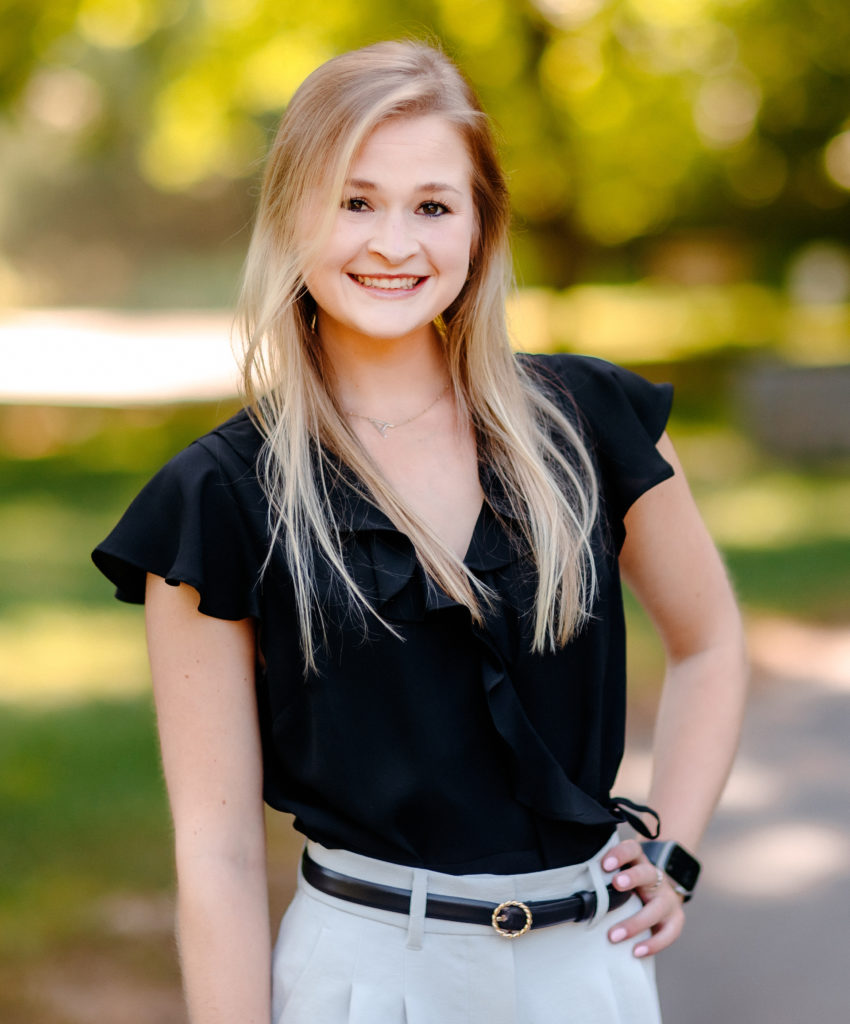 “The Little Wins – Celebrating Little Wins in Early Recovery” (By: Ashton Maguire)
“The Little Wins – Celebrating Little Wins in Early Recovery” (By: Ashton Maguire)
It’s the first burger in 15 years. It’s the first all-sugar all-diary all-gluten cupcake in 10 years. It’s the first balanced meal in 7 years. It’s the first lunch out with friends in 5 years. It’s the first wine night with charcuterie in 3 years. It’s the first birthday with cake and champagne in 2 years. It’s the first pizza and movie night in 1 year.
These may look like small moments. Some who have never struggled with disordered eating or an eating disorder may say “pish posh”. They may look at these moments and brush by them without a second thought. To those who have struggled with a restrictive type eating disorder or disordered eating in their life, these “little” moments represent giant steps toward recovery.
Recovery is a big word. It typically sets high standards in the perfectionistic mindsets of those with an eating disorder. Recovery entails moving beyond the mechanical eating of 3 balanced meals and 2 snacks per day to regaining body hunger and satiety cues back so that they can be heard and honored. Recovery entails intuitively listening to what your body needs (i.e., not pushing it to the limit every. day.) Recovery means eating when you are hungry and stopping when you are full. Recovery means eating when you have a craving but not binging. Recovery means walking just enough for movement but not excessively. Recovery is relative. Recovery is hard. Recovery is BIG.
The word “recovery” in terms of eating disorder recovery, holds a lot of puzzle pieces that make up the larger and final image. Each individual puzzle piece looks different to each individual struggling with an eating disorder or disordered eating. Everyone’s story looks different. Thus, everyone’s journey to recovery looks different. The puzzle pieces are different.
How does one assemble a jigsaw puzzle? Do they grab handfuls of puzzle pieces and chuck them at a breakfast room table hoping to the jigsaw puzzle gods that they form a coherent image? Nope. (or if they are, they are doing it inefficiently). Jigsaw puzzles are completed one piece at a time. Each “little” moment in eating disorder recovery is accomplished one moment at a time. Anything else would be overwhelming and inefficient. One little recovery moment at a time. The pieces, however, do not always fit on our first try. There will be slip-ups, relapses, set-backs, in the recovery journey. But the next piece may fit. The next piece may allow the piece that did not fit to have a space to link on. Each slip up is part of the journey to a full image of recovery. So, keep going. Keep having “little” moments.
Now, imagine an adult putting a jigsaw puzzle together versus a child putting their first ever puzzle together. Each piece the adult fits is just another piece. The adult may not celebrate until the picture is fully formed – completed. The child, however, celebrates at each unique piece placed. The child recognizes the significance of the little pieces fitting together prior to the fully completed image being formed. I want to encourage you to be that little child in eating disorder recovery. Celebrate each “little” moment as it comes. Do not wait until the final recovery moment where the entire word is completed. It will feel too all-consuming and big. Recovery is a BIG word. Take each “little” piece of the recovery puzzle as a massive celebration to honor you and your commitment to recovering. You have to celebrate for yourself since all the other adults in your world may not see the importance of each “little” win. This is YOUR journey – celebrate the “little” wins because in the grand scheme of recovery, they are MASSIVE.
About the Author
Ashton is Renewed’s Outreach Coordinator. She is an alumna of Furman University where she earned her Bachelor’s degree in Psychology. Her passion for the study of eating disorders began in her undergraduate education where she researched eating disorders and witnessed disordered eating habits in the college environment. She currently attends graduate school at Vanderbilt University where she will earn her Master’s degree in clinical mental health counseling in May 2024. Ashton plans to pursue licensure as a professional counselor working with those recovering from eating disorders as well as co-occurring disorders.

